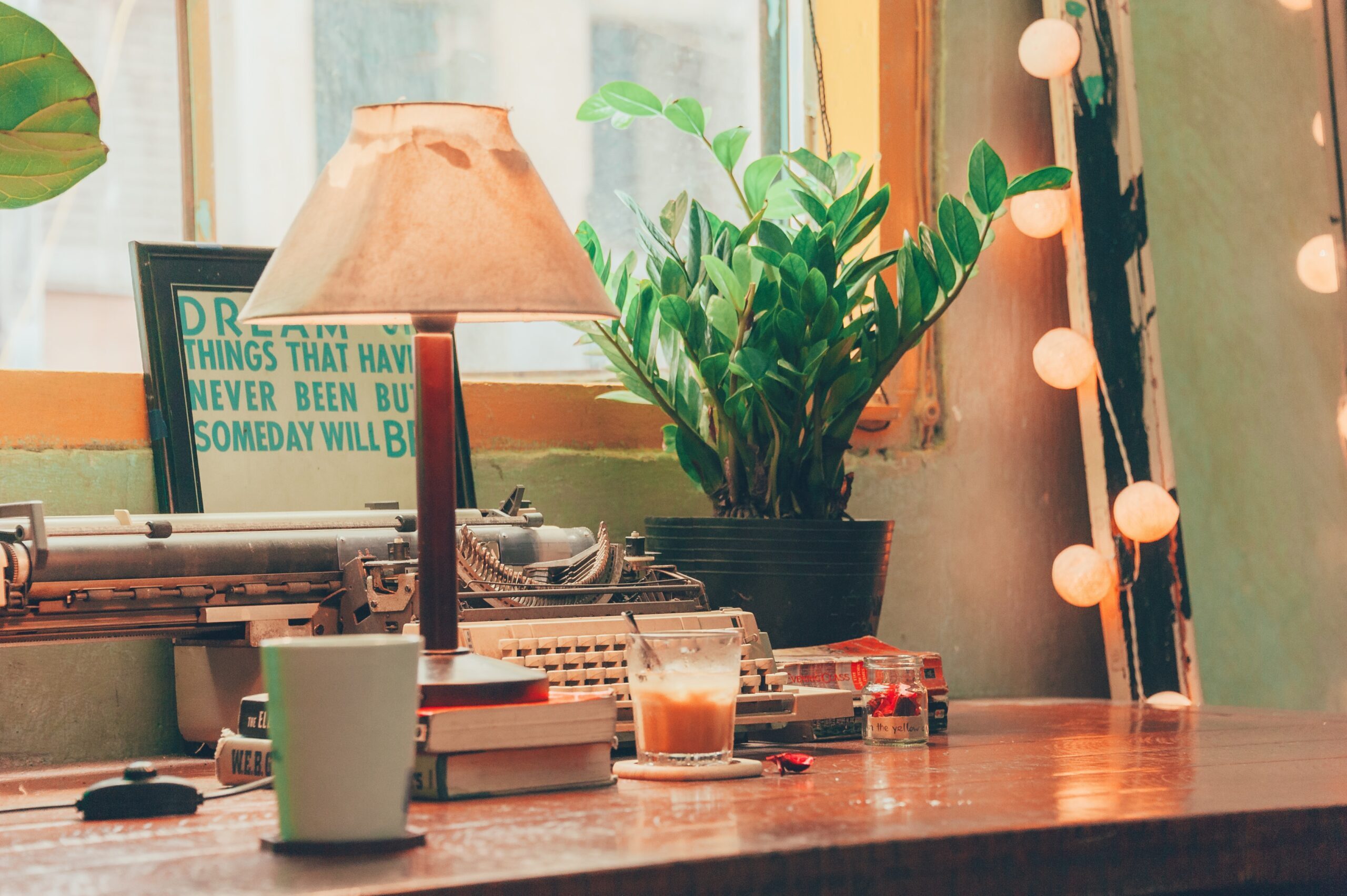
Where does value lie in property when Finding Valuable Property?
When finding valuable property you might have heard the old saying that something is only worth what someone is willing to pay for it. For the most part, I tend to agree with this proposition. However, some considerations do slip through the cracks. Let’s look more closely at finding valuable property.
What is value?
You might fall in love with a property that no one else is interested in and have an inherent desire to live there forever. This is fine, but I am inclined to define value in real estate as ‘property attributes that would attract multiple buyers’. The more boxes a property can tick for the majority of buyers the better. Most of the time, my clients want to find something that is ‘under market value’, and the above definition provides a sound basis for considering different things that create value in real estate.
Is it good to buy into a large block of units?
Large blocks of units are the easiest to price because they are usually all quite similar. If only one unit has views it is probably worth more than the others. However, I like to steer clear of large modern buildings (blocks of 13 or more), as scarcity is valuable and when there are many similar units, they are not scarce.
Art Deco units and their hidden value
Art Deco units can be gems when looking for value in property. You need to do your own research, but there might be an opportunity to claim some outdoor space if your unit is on the ground floor. If your unit is on the top floor, see if you can build into the roof space. If you can create more internal or external space on a property, this can be a huge value-add.
Level land
Land is a major component of a property’s value. You need to evaluate the site carefully and assess the extent to which it is prone to hazards. An ideal parcel of land is one that is flat and free of hazards. It is important to check flood zones if the block of land you are considering is close to sea level. Some parts of Australia are very susceptible to flooding.
Sloping blocks of land
Two other very common parcels of land are upward sloping and downward sloping blocks. I personally prefer upward sloping blocks because you can often put parking down below and still create an indoor-outdoor living area with a back yard that flows from the kitchen and living area. It can be a little more difficult to create this functionality with a downward sloping block. Even if you park vehicles at the same level of your living areas, you will most likely have to separate the outdoor grassed area and the internal living space. You can create a large veranda for your outdoor living space, but most buyers would prefer the back yard and living areas to flow. More interested buyers means more value.
Location, location, location
There are important questions to ask in relation to a property’s location. where is within easy walking distance? What public transport is accessible? What is the level of household incomes in the area?
Personally, I am a strong supporter of costal property. I value property that is close to the beach because you cannot create more beach (except for artificial beaches). People also like to live close to hospitals, good schools, supermarkets, nice shopping hubs and places where they can go out to dinner, cafes or movies. Look for properties with appealing lifestyle choices nearby.
Aspect
Aspect is a huge ingredient for property value. Most buyers like natural light. Look for where the sun rises and sets, and where the light might stream in. Also consider any obstructions to light such as trees or the shadows of other buildings. There are some very useful apps that track the path of the sun all year around. Some properties might have great light during the summer months, but minimal light in the winter when the sun is lower in the sky.
Neighbours and privacy
It is useful to know who is living next door and if there are any issues that could hinder your privacy. Apart from the obvious inconvenience of a block of units overlooking the back yard, look for issues that could one day impede your privacy or view. Perhaps your neighbour’s house is in a poor state of repair and is the perfect block for re-development. While a development application may not yet be submitted, it might be useful to consider what type of development could proceed if someone else bought the block. I have worked in Bondi Beach and Byron Bay in NSW and found that this webpage https://www.planningportal.nsw.gov.au/spatialviewer/#/find-a-property/address is very helpful in ascertaining what could be developed on a block of land.
What can you do to the block?
Utilising the planning portal webpage above, you can also consider how you can add value to your own block. Did you know that some people make money by simply buying a block of land, having a development application approved and then selling the property for a profit without doing any work. The planning portal will inform you of the zoning of your property, what you are allowed to build, how high you can build and how much of the block’s footprint you can build on.
